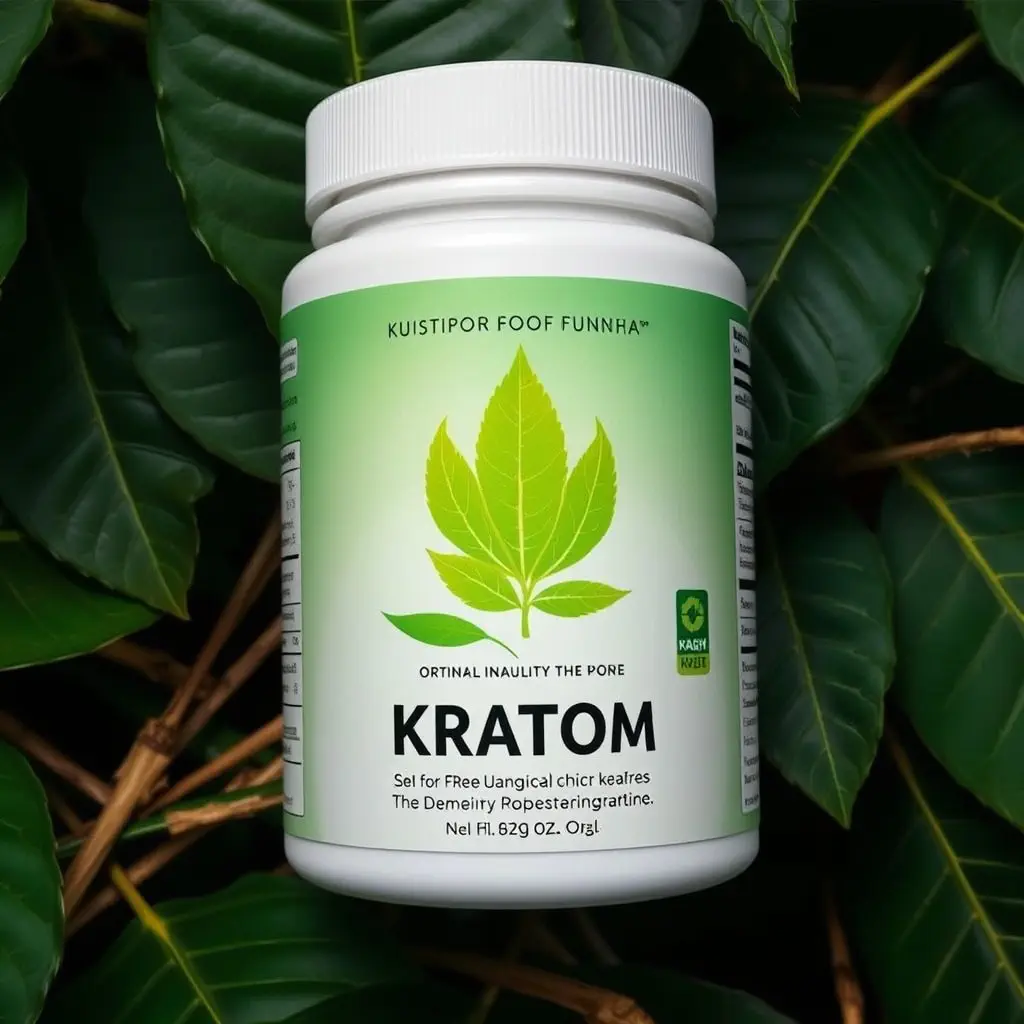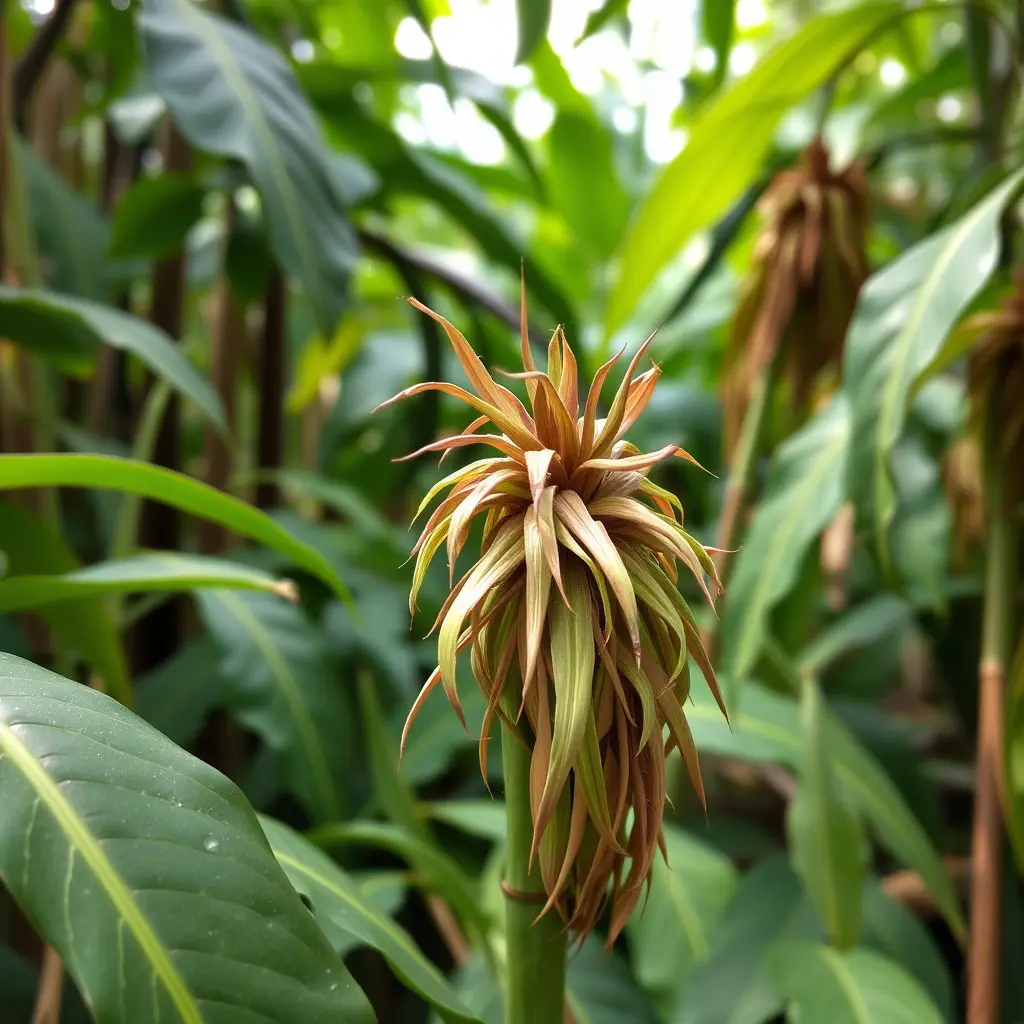White Vein Kratom Powder, sourced from the Mitragyna speciosa tree, is known for its unique alkaloid composition that can subtly enhance energy and focus. Unlike its red or green counterparts, White Vein Kratom is reported to offer a more balanced and nuanced effect, with users experiencing smooth, sustained energy alongside mental clarity. The presence of alkaloids like mitragynine and 7-hydroxymitragynine may contribute to these effects. While there is growing interest in its potential benefits, including from professional circles such as the military, questions arise regarding drug testing policies due to kratom's similarity to opioids, which can lead to positive tests. The military's stance on kratom is complex, as it is both a supplement and a substance that could be considered a drug of abuse, leading to confusion about its use and detection within the military context. The inconsistency in legal status across the United States, coupled with the lack of standardized testing for kratom in the military, underscores the need for clear, scientifically-informed policies. Service members must be aware of the implications and consult healthcare professionals or employers due to the strict drug testing regulations in the military that could affect their careers if they test positive for kratom alkaloids. This overview highlights the importance of addressing the legal and policy challenges surrounding White Vein Kratom in professional settings, particularly within the military.
White Vein Kratom Powder has emerged as a subject of intrigue and research, particularly concerning its influence on energy levels and cognitive focus. This article delves into the nuanced effects of this botanical substance, shedding light on how alkaloids within it contribute to overall well-being. Additionally, it addresses pressing concerns such as the legal standing of White Vein Kratom and its presence in military testing policies, a topic that intersects with the question: does the military test for kratom? By exploring these dimensions, we aim to provide a comprehensive understanding of this complex plant and its implications.
- Unraveling the Effects of White Vein Kratom Powder on Energy and Focus
- The Role of Alkaloids in White Vein Kratom and Their Impact on Well-being
- Addressing Controversies: White Vein Kratom's Legal Status and Military Testing Policies
Unraveling the Effects of White Vein Kratom Powder on Energy and Focus

White Vein Kratom Powder, sourced from the leaves of Mitragyna speciosa trees, is known for its unique alkaloid profile that can influence energy levels and cognitive focus. The effects of this particular strain are often reported to be more subtle and balanced compared to its red or green counterparts. Users commonly report that White Vein Kratom can provide a gentle yet sustained energy boost, which may be attributed to the presence of alkaloids such as mitragynine and 7-hydroxymitragynine. This energetic lift is often accompanied by an improvement in focus and mental clarity, making it a popular choice for those seeking to enhance their productivity without the jittery side effects associated with some traditional stimulants.
The energizing and focus-enhancing properties of White Vein Kratom Powder have garnered attention beyond its conventional user base. There has been curiosity within certain professional circles, including the military, regarding its potential impact on performance. While there is ongoing research into how herbal supplements like kratom can affect various aspects of human physiology and psychology, discussions about whether the military tests for kratom reflect broader societal debates about the role of such substances in professional settings. It’s important to approach the use of Kratom with caution, as individual responses to it can vary greatly, and its interaction with other substances, including those used by the military for performance enhancement, is not fully understood. Users are advised to consult with healthcare professionals before incorporating White Vein Kratom Powder into their regimen, especially in sensitive environments where drug testing policies are strictly enforced.
The Role of Alkaloids in White Vein Kratom and Their Impact on Well-being

White Vein Kratom is a botanical derivative from the leaves of Mitragyna speciosa, a plant indigenous to Southeast Asia. Its unique coloration, attributed to the oxidation levels within the leaf, is characterized by the presence of white veins running through them. The alkaloid composition of White Vein Kratom plays a pivotal role in its effects on well-being, with a profile that includes mitragynine and 7-hydroxymitragynine, among others. These compounds are believed to interact with the brain’s opioid receptors, influencing mood, energy levels, and pain perception. The balance of these alkaloids contributes to the uplifting and energizing effects for which White Vein Kratom is known, making it a popular choice among individuals seeking to enhance their mental clarity and physical stamina.
The impact of these alkaloids on an individual’s well-being is multifaceted, extending beyond mood enhancement and energy support. Users often report that White Vein Kratom promotes a sense of tranquility without the sedating effects typical of some other strains. This subtle balance between stimulation and relaxation may explain its growing popularity for everyday wellness routines. While anecdotal evidence suggests benefits, it’s important to approach any herbal supplement with caution, especially in contexts where drug testing is applicable, such as in the military. The presence of kratom alkaloids can potentially result in a positive test for opioids, which may have implications for employment and legal status. Users are advised to be aware of the policies and testing procedures within their respective environments when considering the use of Kratom products.
Addressing Controversies: White Vein Kratom's Legal Status and Military Testing Policies

White Vein Kratom, a strain of Mitragyna speciosa, has garnered attention within various circles for its unique alkaloid profile and potential effects. Amidst its growing popularity, controversies have arisen surrounding its legal status and the extent of its use by military personnel. The legal landscape of Kratom is complex, with federal regulations treating it as a controlled substance in some states while allowing its sale in others. This inconsistency creates challenges for both regulators and consumers trying to understand its legal standing across different jurisdictions within the United States.
In terms of military testing policies, there is a pressing question about whether the military tests for Kratom. The Department of Defense has an extensive drug testing program aimed at maintaining operational readiness and preventing substance abuse among service members. However, Kratom’s status as both a dietary supplement and a potential substance of abuse complicates its inclusion in routine screenings. Military personnel are tested for various substances under the DoD’s policies, but Kratom specifically has not been widely recognized or consistently screened for. This lack of standardized testing for Kratom raises questions about how military establishments handle cases where it is detected and what implications this may have for service members’ well-being and discipline. The evolving nature of Kratom’s legal status and its treatment within military policies underscores the need for clear guidelines and evidence-based approaches to inform both policy and public understanding of this complex issue.
White Vein Kratom Powder emerges as a multifaceted subject with significant implications for energy, focus, and overall well-being. The alkaloid composition within this strain plays a pivotal role in its effects, which users often report favorably. However, the landscape of its legal status and the military’s stance on its use present complexities that warrant further discussion and regulation. As the article has explored, understanding the nuances of White Vein Kratom’s impact, both psychologically and legally, is crucial for individuals and policymakers alike. It is hopeful that ongoing research will shed more light on this unique botanical substance and its place in society, particularly within military testing policies, ensuring informed decisions are made moving forward.






